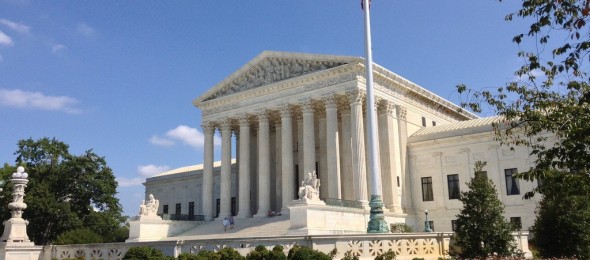On September 2nd, Epic Systems Corporation filed a petition for certiorari with the United States Supreme Court following a Seventh Circuit Court of Appeals ruling which stated a mandatory class action waiver included in an employer’s arbitration agreement violated the National Labor Relations Act (“NLRA”). In Lewis v. Epic Systems Corp., a healthcare company, Epic Systems, “required certain groups of employees to agree to bring any wage-and-hour claims against the company only through individual arbitration.” In addition, “[t]he agreement did not permit collective arbitration or collective action in any other forum.” Because of this, the Seventh Circuit found that the agreement violated the NLRA and was unenforceable under the Federal Arbitration Act (“FAA”).
Soon after the Seventh Circuit’s decision in Epic Systems, the Ninth Circuit Court of Appeals issued a similar holding in Morris v. Ernst & Young. Meanwhile, the Second, Fifth, Eighth, and Eleventh Circuits have previously held that employment arbitration agreements containing class and collective action waivers are enforceable under the FAA. Recently, however, a Second Circuit panel appeared reluctant to follow the court’s own precedent regarding the issue.
Last week, Ernst & Young filed its own petition for certiorari with the high court. The following day, the National Labor Relations Board reportedly sought Supreme Court review related to the Fifth Circuit’s decision in Murphy Oil USA, Inc. v. National Labor Relations Board. Due to the numerous petitions now before the high court as well as the current split among the circuits, the Supreme Court of the United States is likely to grant certiorari and finally address whether class and collective action waivers included in an employer’s mandatory arbitration agreement are lawful and enforceable. Despite past decisions favoring arbitration, the current vacancy on the high court has the potential to make this situation even more interesting.
Photo credit: WEBN-TV via Foter.com / CC BY-ND














